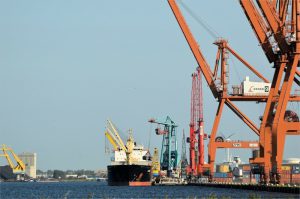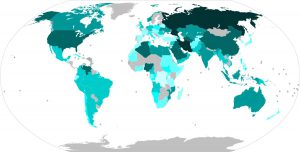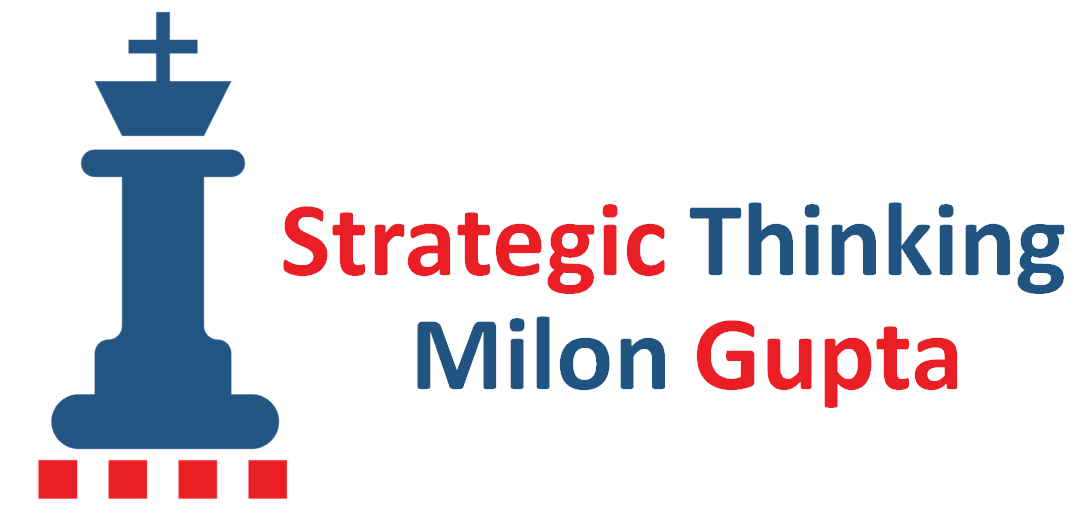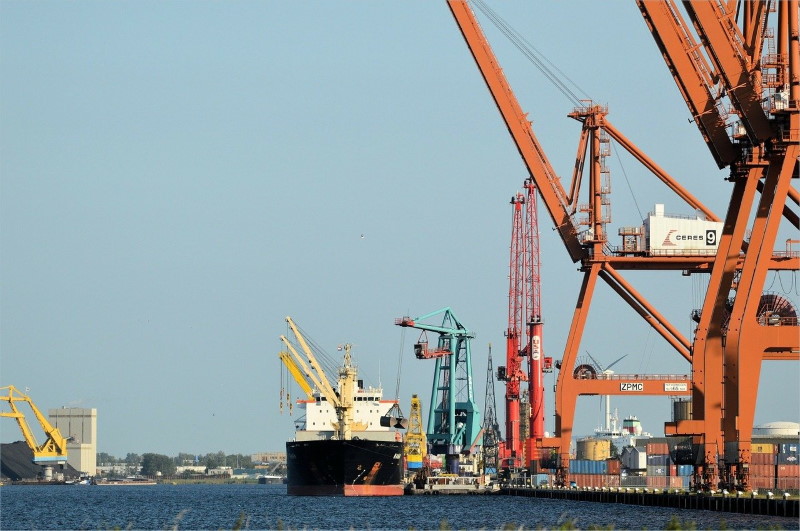The Russian war against Ukraine has added another global crisis. It hits the world at a time, when it is still struggling with the effects of the corona pandemic and bracing itself for the growing climate crisis. The Ukrainian people pay the highest price for the Russian aggression in terms of lost lives, injured and traumatised citizens, destroyed infrastructure and environment, and economic loss. At the same time, the whole world is economically affected by the war.
 The list of global economic impacts includes exploding energy prices, a slump in the supply of wheat and maize from Russia and Ukraine, and reduced supplies of metals like nickel, aluminum and copper from Russia. The combined effect could lead to a global recession and regional famines in areas like East Africa, which are already suffering from droughts and bad harvests.
The list of global economic impacts includes exploding energy prices, a slump in the supply of wheat and maize from Russia and Ukraine, and reduced supplies of metals like nickel, aluminum and copper from Russia. The combined effect could lead to a global recession and regional famines in areas like East Africa, which are already suffering from droughts and bad harvests.
EU companies are mostly affected by rising prices for crude oil and natural gas as well as price increases for metals and other raw materials. Energy-intensive industries are most affected, but even service providers will feel the price increases directly and indirectly. Beyond coping with these developments in the short term, this poses three major challenges, which companies in the EU, and especially in gas-dependent Germany, need to tackle, in order to stay competitive now and in the future.
1. Reduction of dependency on fossil energy

The current discussion is focusing on reducing the dependency on Russian oil and gas in the short-term. That is just a small part of the strategic challenge. Replacing Russian oil and gas with fossil energy supplies from other autocracies may be necessary as a short-term solution. However, it is not viable and desirable in the mid-term to replace one dependency with another, as it entails in every case the risk of perpetuating the lock-in to fossil fuels, including the negative effects on climate, economy, and society. The real challenge for every company is to systemically increase the energy efficiency of all processes and realise latent energy saving potentials, while shifting towards a larger share of renewable energy sources. Companies moving fast in this direction without waiting for publicly funded incentives and new regulations will have an advantage.
2. Increase of resource efficiency through circularity
The price increases for nickel and other raw materials are a strong reminder that the current take-make-waste approach to the use of natural resources in our linear economy is not viable. Companies moving towards a circular economy, in which the use of valuable natural resources is prolonged and the need for virgin materials is reduced, will become more resilient to scarcity and price shocks. That said, the transition from linear to circular business models and production systems is not easy, but it is necessary for economic, ecological and social reasons. And once the transition is on the way, the benefits for competitiveness and resilience of the company will show.
3. Continuous reassessment of business risks
The cumulative effects of the three ongoing global crises – war in Ukraine, corona pandemic, and the climate crisis – make it necessary for every company to continuously reassess its business risks in every market it operates and for every product or service it sells. One of the factors making a company more resilient is strategic foresight and the readiness to adapt to changing situations. At the same time, each company needs especially in volatile and uncertain times like today a reliable compass of values and purpose for ensuring that it takes the best decisions for its stakeholders. For a sustainable company that is part of an interconnected global economic and social system, its purpose should go beyond earning profits. The Russian war against Ukraine highlights the importance of peace for thriving companies in thriving societies. Thus, social and political factors like political stability, social justice, and level of individual freedom rights should also be part of the risk assessment.
What is your view?
Every company is facing a different set of challenges and has a different perspective. That is why I am curious to learn about your view on the current challenges for your own company and companies in the EU in general. Please feel free to post a comment.

